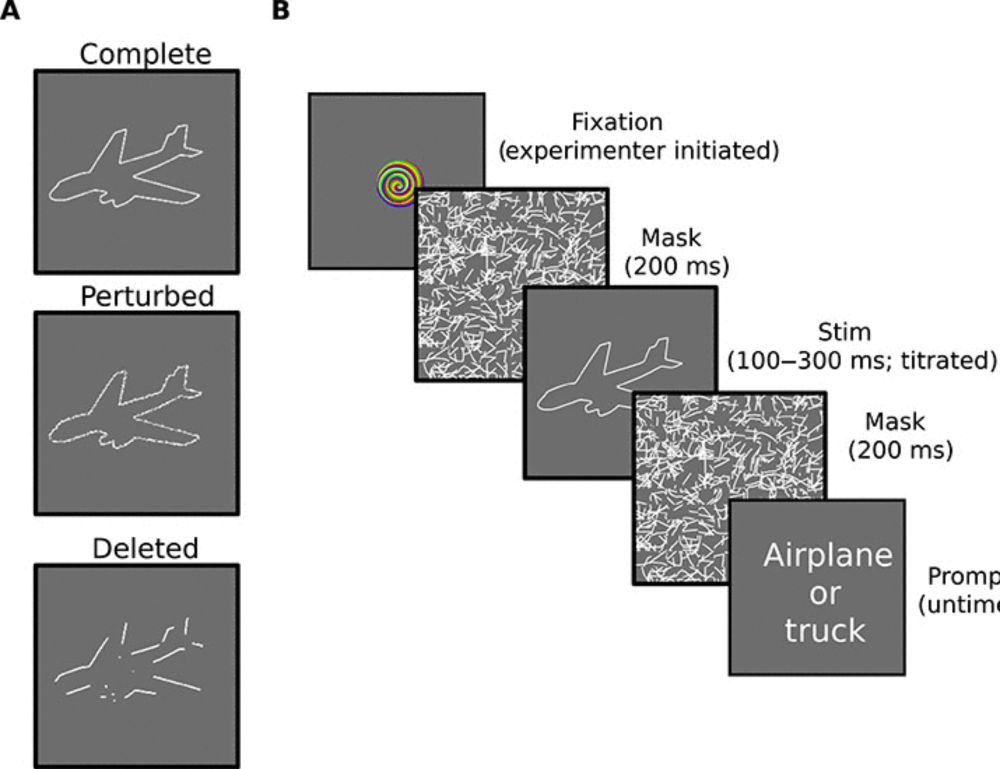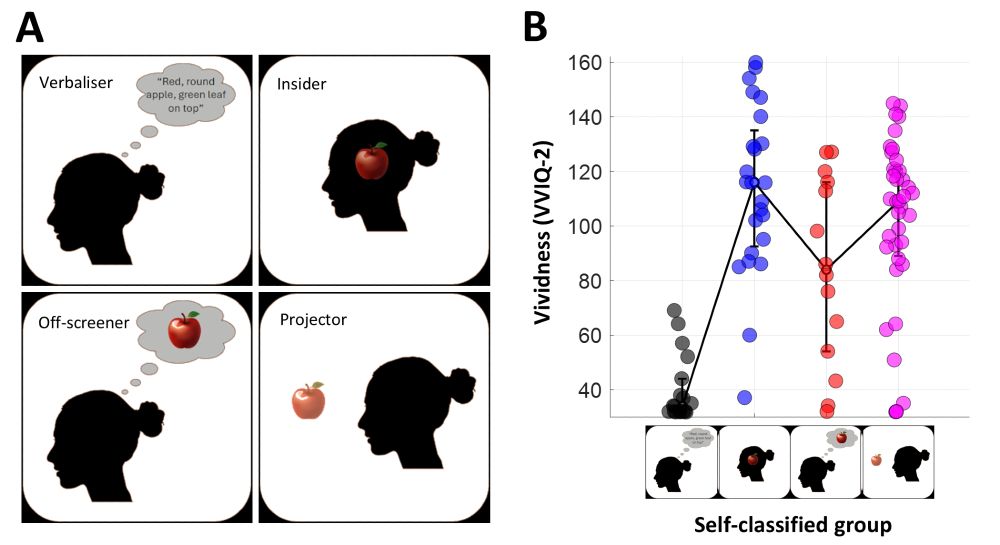Matthias Michel
@matthiasmichel.bsky.social
1.7K followers
440 following
170 posts
Assistant professor at MIT, Department of Linguistics and Philosophy. Philosophy of science and cognitive science of consciousness.
Posts
Media
Videos
Starter Packs
Reposted by Matthias Michel
Reposted by Matthias Michel
Reposted by Matthias Michel
Reposted by Matthias Michel
Reposted by Matthias Michel
Reposted by Matthias Michel
Reposted by Matthias Michel
Reposted by Matthias Michel
Reposted by Matthias Michel
Reposted by Matthias Michel
Reposted by Matthias Michel
Reposted by Matthias Michel
Reposted by Matthias Michel
Reposted by Matthias Michel
Reposted by Matthias Michel
Reposted by Matthias Michel
Reposted by Matthias Michel














